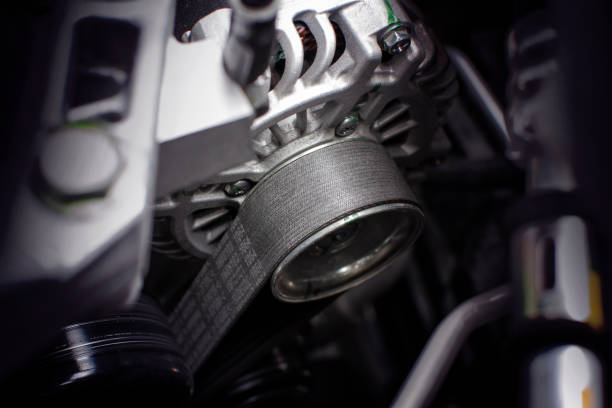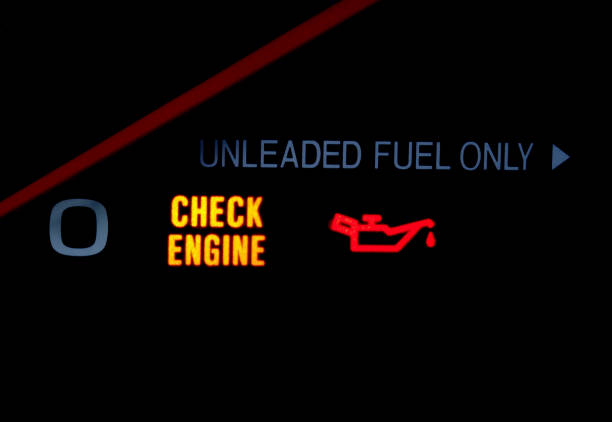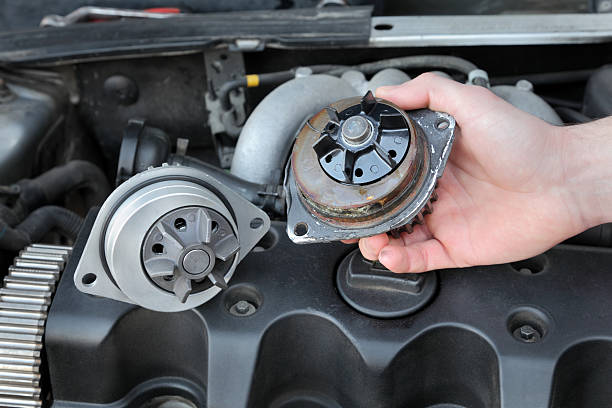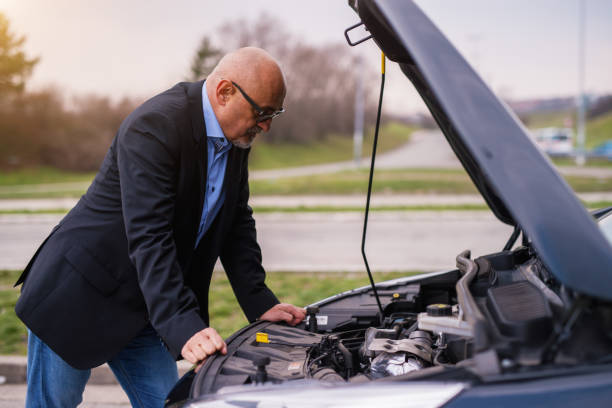
Few things are as frustrating and concerning as turning your car’s key only to find it struggling to start. This issue could signify a host of potential problems, all of which should be addressed promptly to prevent further damage or inconvenience. In this in-depth guide, we’ll explore common reasons a car may struggle to start and provide helpful troubleshooting tips.
Understanding the Basics of Car Starting Mechanism
To diagnose why a car might be having trouble starting, it’s useful first to understand how the starting system works.
How Your Car’s Starting System Works
When you turn the key or press the start button, your car’s battery sends a current to the starter motor. This motor then spins the engine a few times, which moves the pistons, allowing the engine to start running on its own.
What Could Go Wrong?
Multiple components can cause issues with this process. The battery, starter motor, ignition switch, fuel system, and engine all play crucial roles in getting your car started. If any of these components are malfunctioning, your car might struggle to start.
Common Reasons a Car Struggles to Start
Let’s delve into some of the common causes behind a car struggling to start.
Dead or Dying Battery
One of the most common causes of a car not starting is a dead or dying battery. Without enough power from the battery, the starter motor can’t turn the engine over.
Faulty Ignition Switch
If the ignition switch is not working correctly, the battery’s power won’t reach the starter motor.
Bad Starter Motor
Even if the battery is good and the ignition switch is working, a faulty starter motor might not be able to turn the engine over.
Fuel System Issues
Problems with the fuel system, like a bad fuel pump or a clogged fuel filter, can prevent your engine from getting the fuel it needs to run.
Engine Problems
More serious engine problems, such as compression issues, can also make a car difficult to start.
Diagnosing the Problem
The next step is figuring out which of these potential problems is causing your car to struggle to start.
Check the Battery
First, check the battery. If your interior lights are dim or not coming on at all, or if your car cranks slowly or not at all, you might have a dead or dying battery.
Test the Ignition Switch
If your battery seems fine, try testing the ignition switch. If you turn the key and hear a clicking sound without the engine turning over, your ignition switch might be the problem.
Listen for a Bad Starter Motor
If your car makes a grinding noise when you try to start it, the starter motor might be to blame.
Check the Fuel System
If your engine cranks but doesn’t start, you might have a fuel system issue. Listen for the fuel pump: when you turn the key to the on position (without starting the car), you should hear a soft whirring sound from the back of the car.
Look for Engine Problems
Engine problems can be harder to diagnose, but some signs include white or blue smoke from the exhaust, the check engine light coming on, or the engine running roughly.
Addressing the Problem
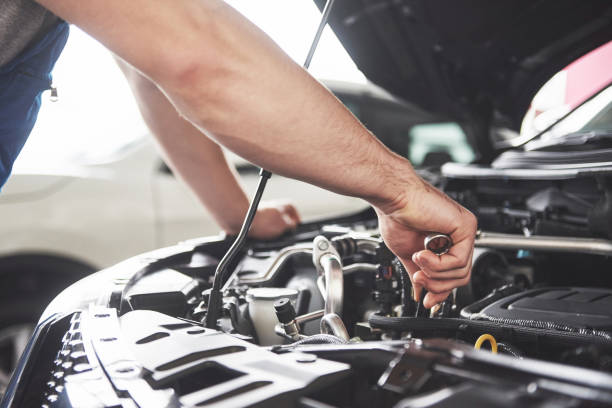
Once you’ve diagnosed the problem, it’s time to get it fixed.
Replace or Recharge the Battery
If your battery is the issue, you may need to recharge it or replace it entirely.
Repair or Replace the Ignition Switch
A faulty ignition switch will need to be replaced by a professional.
Replace the Starter Motor
A bad starter motor will need to be replaced. This job can be complicated, so it’s often best left to professionals.
Repair the Fuel System
Issues with the fuel system can often be fixed by replacing a fuel filter or fuel pump.
Address Engine Issues
Engine problems will vary widely in how they can be addressed, from replacing spark plugs to more serious repair work.
Conclusion
If your car is struggling to start, the cause could be any number of things. By understanding how your car’s starting system works and being aware of the common problems, you can diagnose and address the issue more effectively. Always remember that regular maintenance can help prevent these issues in the first place. If you’re ever unsure, it’s always best to consult with a professional to prevent causing more damage to your vehicle.





